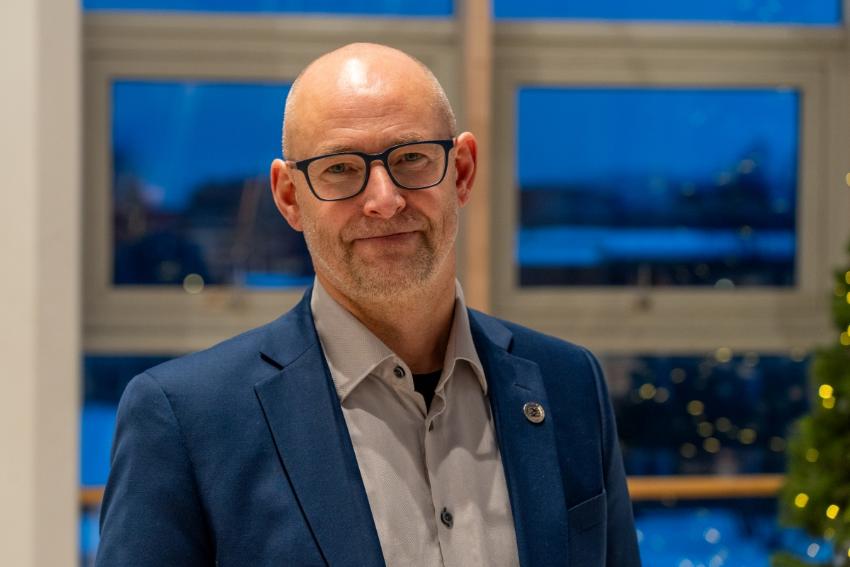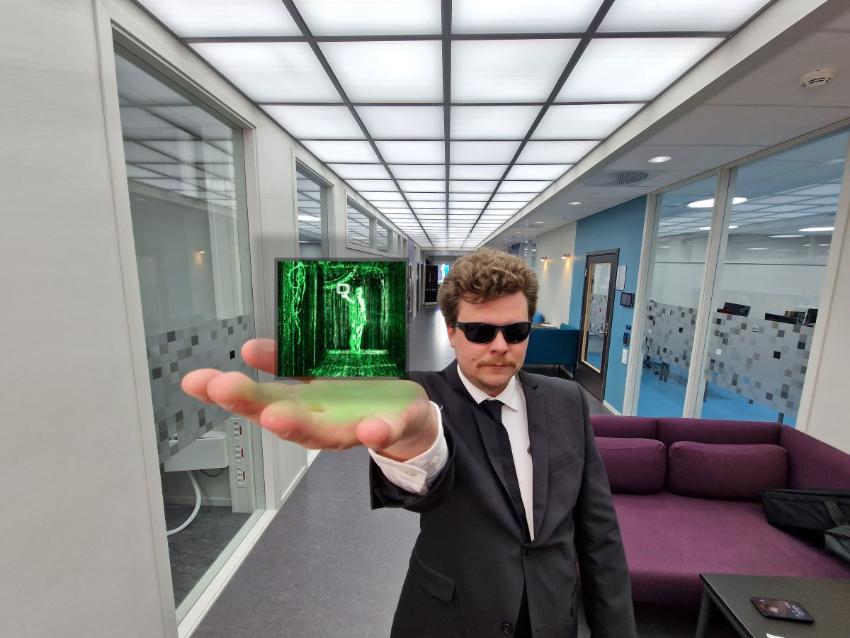Entrepreneurial course for young scientists
Through various EU programs, young researchers can take different courses to prepare for a career after completing their education. In June, PhD students and postdoctoral researchers from all over Europe learned how to take their first steps towards becoming entrepreneurs.
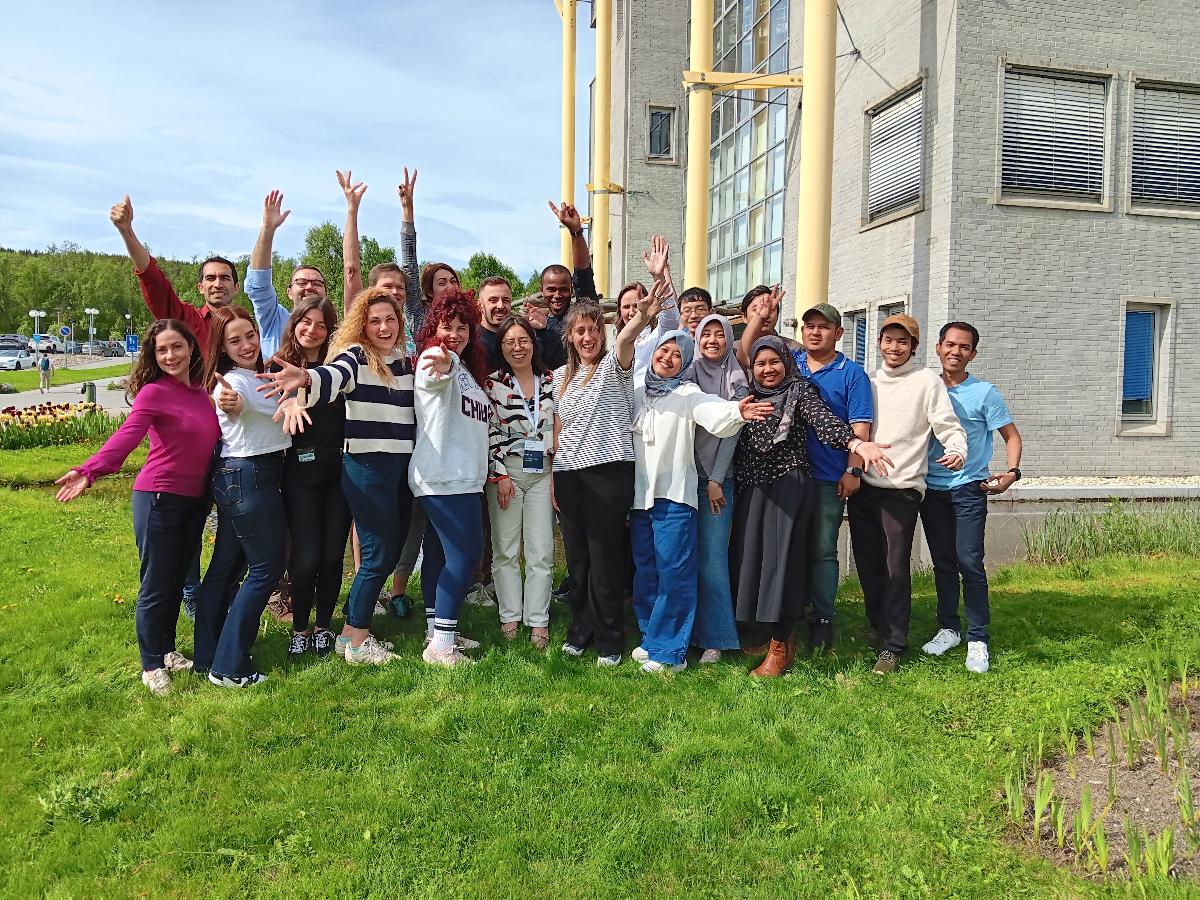
Course participants from LMU Munich, Lund University, University of Alcalá, University of Porto, and University of Szeged all attended an intensive course held at UiT in Tromsø from June 3 to June 7.
It was organized by the University of Porto and UiT's High North Academy, which offers a variety of courses to fellows and postdoctoral researchers.
According to Associate Professor Yajie Liu from UiT's Norwegian College of Fishery Science, who was the driving force behind the course, many young researchers are not aware of the opportunities they have to build their own entrepreneurial ventures.
"There is great potential in training PhD students to think like entrepreneurs, and in facilitating younger researchers to transfer knowledge and technology from research to industry and commerce, which promotes innovation and practical application of research," says Liu.
Students have different backgrounds and diverse interests, perspectives, and ideas. This is an important resource when participating in enhanced networking and teamwork, especially in the EU.
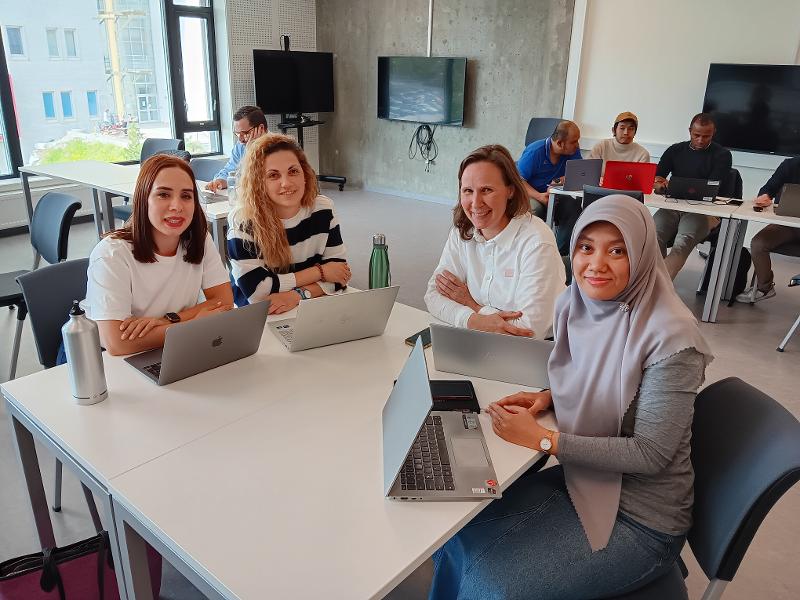
European Networking
The course is linked to the EU projects DocEnhance and DocTalent4EU, which facilitate skill development for PhD fellows in digitalization, communication, and collaboration. The course was also financed with funds from the European university alliance EUGLOH. Liu believes it is important to prioritize connections to other European academic environments.
" UiT's PhD students can greatly benefit from participating in international collaboration and by being exposed to different systems and business models," says Liu.
EUGLOH
- It is an alliance between nine European universities that facilitates mobility related to research, teaching, and innovation.
- The alliance supports interdisciplinary activities, projects, and programs that address global health challenges, which also extend beyond the medical sector.
- EUGLOH covers travel and accommodation expenses for its own students and staff who wish to physically participate in courses, workshops, summer schools, seminars, and conferences at other partner universities.
Community and New Knowledge
The course participants were PhD students and postdoctoral researchers with backgrounds in social sciences, humanities, and STEM subjects (science, technology, engineering, and mathematics). During the course, participants were challenged to expand their interdisciplinary comfort zones and develop creative skills on a professional level.
Among the speakers were Norinnova and UiT's student entrepreneurs Johan Armstrong Støver and Mats Kåre Vold, who on the same day the course concluded, came in second place at the Norwegian National Championship for Student Enterprises.
The course participants engaged in discussions and solved challenges and tasks in small groups to experience how entrepreneurs build projects. In such a process, five groups developed strategies, models, and concepts for entrepreneurial ventures which they ultimately presented in the form of a sales presentation, or "pitch," to the course leaders and an examiner from Norinnova.
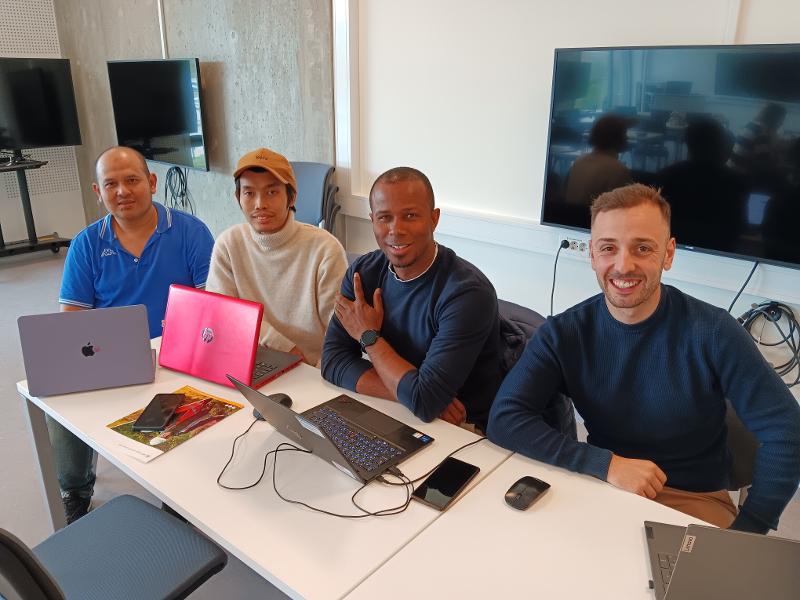
"This course has been incredibly useful, not just from an academic perspective. The community we develop through the course is important. The knowledge we have acquired here can be applied not only in our research but also in our daily lives," says Juvenal Andrade de Carvalho, from the University of Porto.
He was part of a group that developed a concept for software that can test the security of other software. Another member of the same group was Akhmad Sofyan, from the University of Szeged. He shares that he found the teaching and teamwork he participated in very beneficial.
"After taking this course, I have gained a lot of knowledge, especially about business development. When I return to my country, I will try to apply this entrepreneurial knowledge," he concludes.
Kortnytt fra Fakultet for ingeniørvitenskap og teknologi, Fakultet for humaniora, samfunnsvitenskap og lærerutdanning, Seksjon for internasjonalt samarbeid, Institutt for lærerutdanning og pedagogikk, Handelshøgskolen ved UiT
